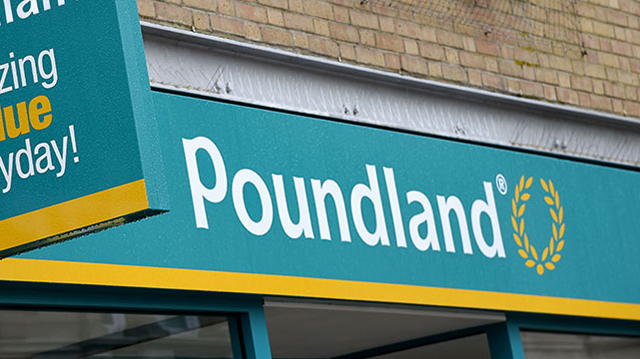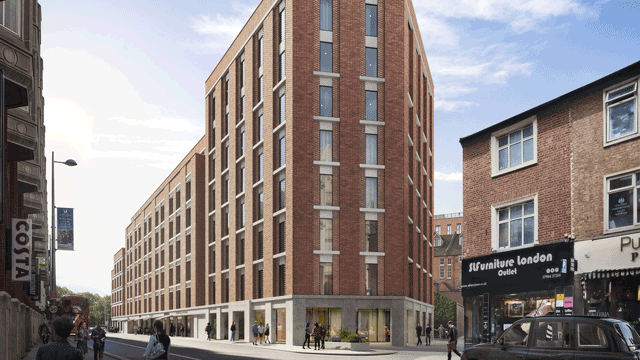Landsec is readying itself to focus on investing around £1bn across its estate and on new assets as it nears the end of its £4bn disposal strategy.
The REIT, which this morning announced a solid set of figures for the year ended 31 March, said it had now sold around £3.1bn of the £4bn of disposals it had targeted and was preparing to spend.
Over the course of the year Landsec sold £225m of assets and since the year end has offloaded its hotel portfolio for £400m. It spent £136m on acquisitions during the period and a further £220m on development capex.
Chief executive Mark Allan said: “We will continue to recycle capital where assets do not meet our return requirements or fit our strategic focus, but this means we are now through the vast majority of our disposal programme.”
He added: “As such, our focus for the rest of the year is now on acquisitions, as we aim to recycle the proceeds of our hotels disposal into additional opportunities in major retail. In London and mixed-use, our own investment in new development commitments is likely to be funded principally through future disposals of mature or stand-alone assets, alongside other, complementary sources of capital.”
The right major retail destinations were now offering high-single-digit income returns, said the REIT, making them attractive potential acquisitions. Around £600m of the £1bn identified for spending will be focused on major retail.
“Alongside our two committed office developments in London, where the yield on the overall capex we are investing is high at 12%, this is our key focus for investment at the moment and where we plan to apply most of our existing balance sheet capacity,” said Allan. “Following a period of limited transaction activity in this sector, we are now seeing signs of activity levels around the work-out of broken ownership structures starting to pick up.”
The REIT has been linked to a number of major retail acquisitions this year, including Liverpool One and a slice of British Land’s Meadowhall.
“Owning the right real estate has never been more important, as the normalisation in cost of capital means value drivers in real estate have fundamentally changed compared to much of the 2010s decade, when ultra-cheap money and sector themes were key drivers of performance,” said Allan. “Irrespective of sector, there is now a growing distinction between those assets that really fulfil customers’ future expectations and hence deliver like-for-like income growth and those that do not.
“This means future performance across the entire sector will be much more driven by asset quality than generic themes,” he added.
The group said it was now well positioned to succeed, with its West End-focused portfolio almost full, with occupancy up to 97.3% and rising rents, and a similar picture across its £1.8bn retail portfolio where occupancy has risen to 95.4% and it has started to see positive reversionary uplifts on lettings and renewals.
Trading figures across the group as a whole were solid, with a slight dip in gross rental income from £647m to £641m and a halving of its pretax loss to £341m, aided by a reduction in valuation deficit across its portfolio.
The group said surrender premiums over the past 12 months had been £2m higher than the underlying level over the previous two years, which had impacted rental income. However, it expected these to reduce going forward as a result of lower levels of customer rightsizing or repurposing activity across its portfolio.
Allan said the business was now “well-placed” for growth” and was positive about the future.
“Having sold early when values were higher, we now have balance sheet capacity to invest at an attractive point in time,” he said.
Send feedback to Samantha McClary
Follow Estates Gazette











